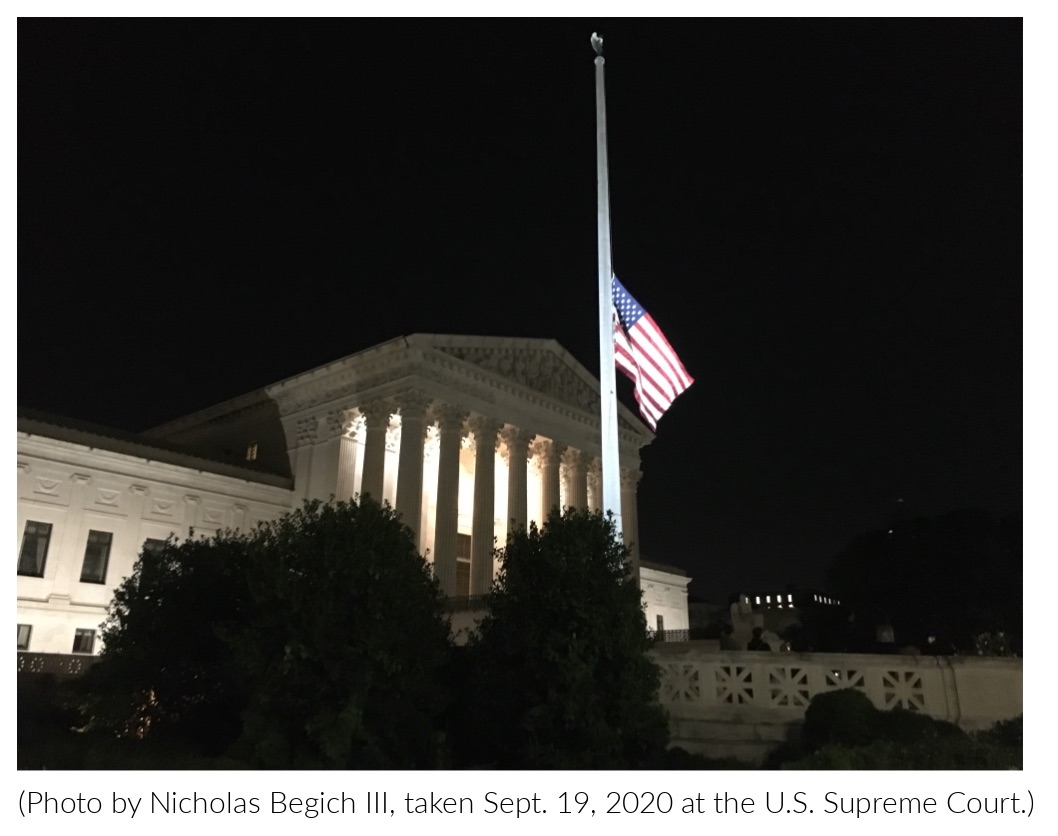The U.S. Supreme Court will gavel back into session Monday after the summer recess.
The justices have agreed to hear 34 cases so far, including cases involving the First Amendment and Second Amendment to the Constitution. On Friday, the court added 12 cases to the list.
One of the first cases will be a challenge to the growing administrative state, involving the constitutionality of the Consumer Financial Protection Bureau and how it is funded.
In that case, the Fifth Circuit Court of Appeals ruled that the CFPB’s funding mechanism violates the Appropriations Clause of the U.S. Constitution. It vacated the bureau’s payday lending rule.
On Wednesday, the court will hear the case from a disabled person who sued hotels that she never even visited and was never likely to visit for failing to provide disabled accommodations information on their websites. The plaintiff, Deborah Laufer, sued Acheson Hotels for failing to make it clear whether the hotel was accessible, as required by the Americans With Disabilities Act.
At issue is a new tactic by the disabilities rights community, including the ACLU, that uses “testers” to scour the internet for violations of the Americans With Disabilities Act, when they clearly never intended to use the services.
In the First Amendment cases that will be heard, the justices will be asked to decide if conservatives can be discriminated against by social media and technology companies, as they currently are.
The Texas Legislature passed a law that bars social media companies with at least 50 million users from blocking, removing, or demonetizing content based on a user’s political views. In Florida, the Stop Social Media Censorship Act, S.B. 7072, outlaws the banning of candidates and journalistic enterprise from being able to use social media platforms.
The tech companies appealed the law in Texas, saying that it violates the First Amendment right of these companies to determine what speech appears on their platforms. The Fifth Circuit Court of Appeals upheld the Texas law, which was then appealed to the Supreme Court by the social media companies.
In Florida, the 11th Circuit Court of Appeals blocked S.B. 7072, and the state appealed it to the Supreme Court.
Another social media case involves whether elected officials can block users from viewing or interacting with their social media accounts. In O’Connor-Ratcliff v. Garnier, the question is whether there is a First Amendment violation if an official blocks someone from the official’s personal social media account that typically has content related to their office and policy matters.
In the Second Amendment case to be heard Nov. 7, the question in U.S. v. Rahimi is whether a law that bans people who are under restraining orders due to domestic violence convictions from owning firearms violates the Second Amendment.
The complete list of cases granted a hearing is at this list.
